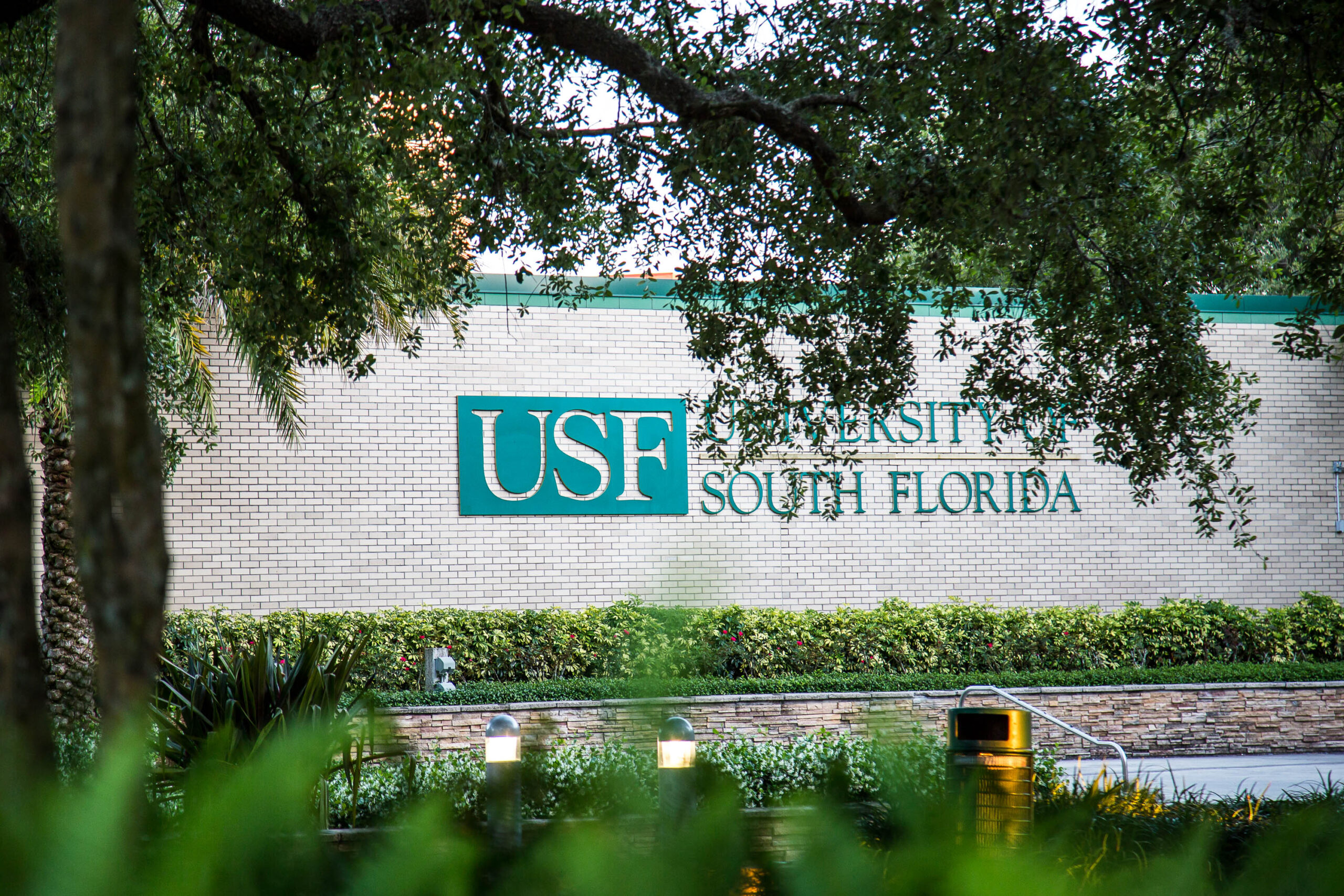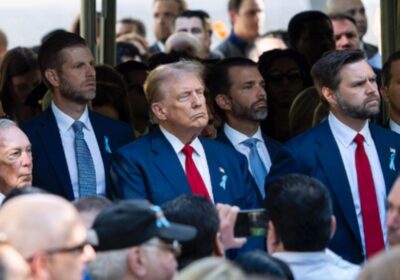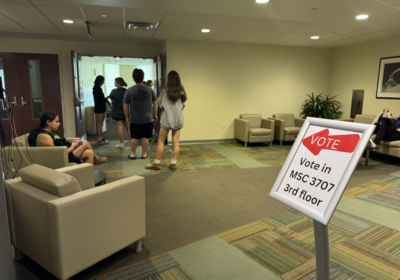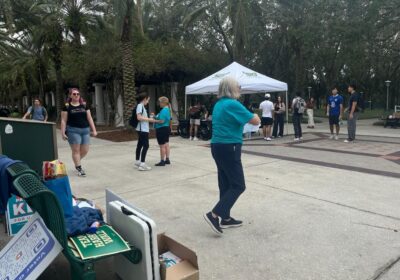Request for collective bargaining records is misguided, faculty say

ORACLE PHOTO/LEDA ALVIM
The Board of Governors’ recent request for public state universities to hand over collective bargaining records and associated costs signals a misguided attack on unions, according to president of the United Faculty of Florida (UFF) USF chapter Steve Lang.
The request, originally sent out to the state university system (SUS) on March 1 by SUS Chancellor Ray Rodriguez, asked the university to report details on the last round of negotiation with their two largest unions. This included names of the bargaining units, length of negotiations and total cost incurred.
Philosophy department chair and professor Alex Levine said there is an attempt to drive a wedge between unions from different professions focused on law enforcement. H.B. 1445, for example, would exclude law enforcement officers and firefighters from the changes. Levine said it is an attempt to divide and conquer. He said the bill targets labor unions’ effectiveness, which depends on their ability to establish solidarity throughout different professions.
Opposition to public unions in the state legislature is misguided and the request is a “knee-jerk” response to suppress them, according to Levine. He said it is a mistake since both employees and management benefit from unions as it keeps management from receiving a flood of grievances that would otherwise all be handled through the CBA.
Lang said requests and legislation targeting unions and higher education are likely to continue because it provides the legislature with cover to go after a “low-hanging fruit” rather than give focus to issues the legislature would rather not deal with.
“Unless you lived in a cave or something, you would be aware that this administration is essentially attacking higher education,” Lang said. “They’re putting us down. They’re telling everybody how horrible we are, what a bad job we do and we’re biased … And yet, in fact, I think that our higher education system is not that way.”
In their report, USF accounted for a time period of 113 days spent in negotiation with the American Federation of State, County and Municipal Employees (AFSCME) and 152 days with UFF. The date for the last agreements with AFSCME and UFF occurred on March 7, 2023 and July 19, 2022, respectively, according to the report.
The university also disclosed that 12 university employees had been involved in the collective bargaining agreement (CBA) process for AFSCME and 22 for UFF. The estimated numbers of hours used by university employees were 148 for AFSCME and 342 for UFF.
Total cost incurred by the university was reported to be $173,456 including $19,122 spent in negotiations with AFSCME over 19 weeks and $36,371 with UFF over 30 weeks. The university also detailed costs relating to outside consultants totaling $13,833 and $37,005 spent on AFSCME and UFF negotiations, respectively.
These costs included USF employee salaries and benefits, release time for UFF bargaining team members and outside consultant fees.
While the university prepared the report, Lang said there was no communication to UFF from the university and that he is unaware of how the university obtained these numbers and data. The data is also inaccurate, according to Lang.
“They come up with their answers with whatever methods they use. My guess is that USF is trying their best to answer what they’re asked to do. But they’re doing it and they’re trying not to step on any toes,” Lang said.
“They don’t want to make someone in Tallahassee angry so that they get their budget cut or whatever punishment USF gets. They don’t want to make people mad for no reason. But as far as how they do it, and what their motivations are, we’re not party to that.”
The university did not respond for comment regarding the data reported and how it was gathered at the time of publication.
Lang said the amount of time reported for the length of negotiations with UFF is “not entirely accurate,” since it fails to include the memorandum of understanding (MOU) signed between UFF and USF in 2020. The exclusion of the MOU fails to provide context and accuracy, according to Lang.
“[The report] says that it took 152 days. I find that to be somewhere between stupid and disingenuous, if you want to call it that. It just absolutely does not capture what was going on in 2020 and 2021,” Lang said.
One of the problems with the request is it does not understand the process of collective bargaining, according to Lang. He said both sides are always constantly noting and making plans to keep in mind when a new contract is negotiated. Because of this, the “hunt for information” is misguided.
“When you say ‘When does the date start and when is the end of negotiating?’ It’s a chicken and egg kind of thing,” he said.
Costs incurred by the university are also “wildly inaccurate,” he said. Nine USF employees on the UFF bargaining team were given release time totaling a cost of $67,125, according to the report. Lang, however, said he estimates an approximate spending of $25,000 on release time.
The vast majority of the release time also relates to enforcing the contract rather than negotiating it, according to Lang. Enacting the contract is not bargaining, he said. It is the “obligation of the contract.”
“We don’t have any idea how they came up with these crazy numbers,” Lang said. “They never asked us who was on the bargain. They never asked us how many times we met. They never asked us how much of that was volunteer time. They never asked us how much we put into any of the bargaining efforts or even how many copies of that we made.”
Lang said the request is a fishing expedition aimed at producing various legislation which would be harmful to the university.
Levine said it does not matter what the data from the request shows because legislators will make a decision to enact laws regardless of it. He said he expects to see legislation targeting unions, such as House Bill 1445 (H.B.), which prevents union members from having their dues deducted from their paychecks in this legislative session.
“They’ll decide it has proved them right and use that decision to enact whatever they want,” he said. “I mean, we’re in a situation right now in the state government where there’s no oversight. There are no checks and balances.”
“The governor can request anything he wants and no one in the legislature, at least in the majority party, is questioning what he wants. If anything, they’re racing to outdo each other, and expressions of loyalty and support. So, it doesn’t matter what it shows.”







